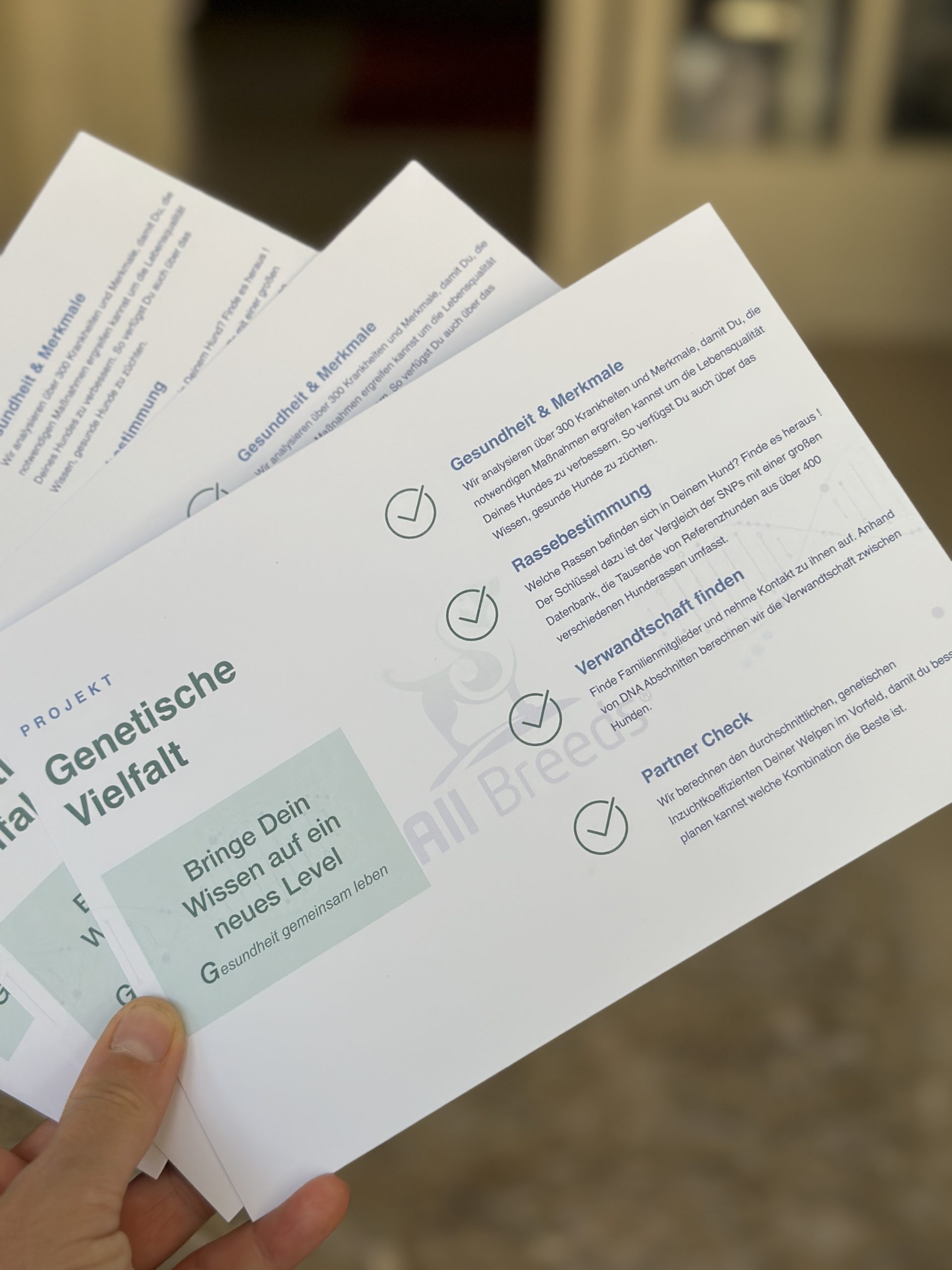The inherited ventricular arrhythmia in Rhodesian Ridgebacks (RR IVA) is a disease that was originally described and named by a research team led by Dr. Kathryn Meurs at North Carolina State University in the USA.
To understand the nature of the disease, we will briefly describe how the heart functions, whether in humans or in dogs. The activity of the heart is controlled by periodic electrical impulses that spread through the heart muscle and cause its coordinated contraction. When the muscles of the heart chambers contract, blood is ejected to the organs and tissues of the body. The heart rhythm, more specifically the heart rate, naturally changes depending on different situations such as physical exertion, rest, or stress.
When the heart rhythm loses its regularity, it is called arrhythmia. Arrhythmias are among the most common heart diseases in humans. They result from abnormal generation or conduction of electrical impulses in the heart. In most cases, they are minor arrhythmias that the affected dog is not aware of or that do not significantly bother them and can only be detected through the monitoring of an electrocardiogram (ECG). One simple examination method is Holter monitoring, which involves a tiny box attached to the body that allows for continuous ECG measurements (usually for 24 hours).
Sudden Death in Rhodesian Ridgebacks
Let’s now return to the research team led by Dr. Kathryn Meurs, who investigated four cases of sudden death in four related Ridgebacks. Unfortunately, they were unable to explain the cause of these sudden deaths. All that was found were abnormal EKG recordings from Holter monitoring in other dogs that were related to those who died suddenly. These related dogs showed what are called Premature Ventricular Complexes (PVCs). This led to the hypothesis that ventricular arrhythmias are the cause of sudden heart failure in RR. It should be added that sudden death in early life in RR is very rare, and in most cases, the cause is not identified, meaning whether heart failure is the cause at all.
Genetic test for (RR IVA)
A research team led by Dr. Kathryn Meurs has introduced a genetic test that predicts Ridgebacks with a predisposition to RR IVA. A variant in the QIL1_chr.20g.543438G-A gene was tested, and it is assumed to have a dominant inheritance, so the test result is either a) negative, b) positive heterozygous, or c) positive homozygous. Therefore, a test was initiated, but information on the number of positive dogs was not known. The initiative was taken to obtain test data, and the RR breeding community was able to collect test results for 244 Rhodesian Ridgebacks (Table 1).
Table 1: Summary of DNA test results for RR IVA; data voluntarily provided by various members of the RR community.
| Negativ | Positiv heterozygot | Positiv homozygot | Complete | |
| Dogs | 43 | 117 | 84 | 244 |
| Percent | 17,6 % | 48,0 % | 34,4 % | 100 % |
The above table shows that the number of positive Ridgebacks exceeds 80%. Does this mean that all positive dogs are at risk? A survey initiated through the Facebook page Rhodesian Ridgeback IVA attempted to answer this question. The survey included not only DNA test results but also the results of Holter monitoring in dogs under 3 years old, as according to the authors, dogs over 3 years old are less at risk and the likelihood of heart rhythm disorders or failure decreases significantly. The results are summarized in Table 2.
Table 2: Relationship between DNA test results for RR IVA and Holter monitoring results.
| DNA-results | tested dogs | Dogs with Arrhythmia after Holter | Percent |
| Positiv homozygot | 54 | 13 | 24 % |
| Positiv heterozygot | 48 | 10 | 21 % |
| Negativ | 23 | 4 | 17 % |
| Complete | 125 | 27 | 22 % |
These data show that DNA tests for RR IVA are not predictive, as the test is not a reliable indicator for the risk of juvenile cardiac arrhythmias in RR, let alone sudden death. In the group of 125 tested dogs, the proportion of dogs with diagnosed arrhythmias at the “affected” level (>50 PVCs/24h, measured by Holter) is comparable regardless of the DNA test result. Heart rhythm disorders were also observed in dogs with a negative DNA test result.
Conclusion:
According to the results of studies and Holter monitoring, heart rhythm disorders (arrhythmias) appear to be common in Rhodesian Ridgebacks and occur in about 20% of dogs without signs of severe heart or other diseases. The results correlate with the widespread occurrence of arrhythmias in humans, where they are considered a common benign anomaly unless the person suffers from another heart condition (e.g. has had a heart attack).
The genetic test for RR IVA focuses on a genetic variant in the QIL1 gene, which is present in >80% of Rhodesian Ridgebacks, so it cannot be considered a mutation and hardly a risk factor. Since sudden deaths in RR are very rare, it is extremely unlikely that they could be associated with the variant of the QIL1 gene that is so common in the RR population.
Although rare cases of sudden death in Ridgebacks are known, it is likely that this is the result of another important genetic factor or a hidden individual disease.
Based on the above, it seems that genetic tests for RR IVA are not useful and beneficial, and can be harmful for the RR population, as they select and reduce the number of dogs for breeding without proven health benefits.
References:
1) Clayton Heathcock https://camelotrr.com/RRIVA.pdf
2) Meurs, KM et al. , „Ventrikuläre Arrhythmien bei Rhodesian Ridgebacks mit plötzlichem Tod in der Familienanamnese und Ergebnisse einer Stammbaumanalyse auf mögliche Vererbungsmuster“, JAVMA , 2016 , 248 , 1135-1138. (b) Siehe auch Webinar von Meurs, 10. Februar 2017
3) Vererbte Rhodesian-Ridgeback-Arrhythmie (RR IVA); https://www.facebook.com/groups/1346498062074178


